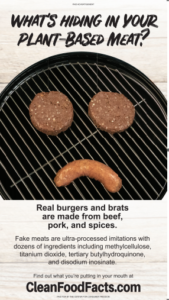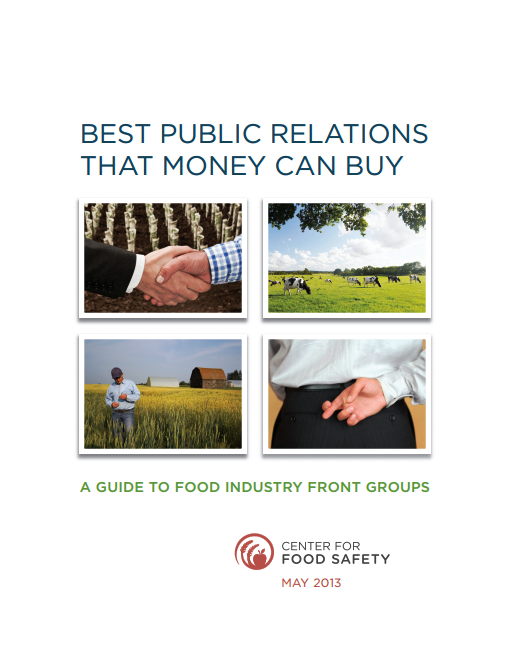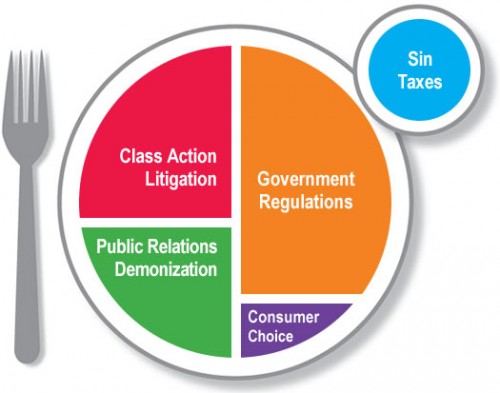Eric Lipton of the New York Times, who wrote Monday’s revelation of how the National Restaurant Association funds front groups to fight a raise in the minimum wage, has just topped that story.
Today, he writes an enlightening account of the legal battles between sugar and HFCS trade associations over marketing issues, in which I seem to have played a part. The story quotes me:
Marion Nestle, a New York University professor and nutrition expert named in several documents [scroll down to “Using Marion Nestle”] as someone whom corn industry executives sought to influence, said the role both industries played was unfortunate.
“It is a plague on both of their houses,” she said, adding that she felt manipulated by the corn refiners industry, which used her statements to defend its products. “It is a disgusting performance neither should be proud of.”
Mr. Lipton sent me two of the documents last night (letters from Audrae Erickson of the Corn Refiners Association to Larry Hobbs of the Institute of Beverage Technologists, and to J. Justin Wilson of Rick Berman’s public relations arm of the Center for Consumer Freedom).
Here’s my recollection of how I ended up in this lawsuit:
Yes, I argue that the science shows that sucrose (table sugar) and high fructose corn syrup (HFCS) contain the same sugars—glucose and fructose—and do much the same things in the body. I think everyone would be better off eating a lot less of either. I repeated this in many blog posts over the years.
Sometime in 2010, Christopher Speed, then director of food and nutrition sciences at Ogilvy Public Relations, asked if I would meet with his client, Audrae Erickson, president of the Corn Refiners Association (CRA). I agreed, provided the CRA make a contribution to the NYU library’s food studies collection for cataloging expenses. This turned out to be $1,500. We met.
Shortly after that, my statements about the equivalence of sucrose and HFCS appeared on the Corn Refiners’ website.
I asked to have the comments removed.
Ms. Erickson’s response? My comments were public and if I wanted them removed I could take the CRA to court.
That ended our correspondence.
From Mr. Lipton’s account I learned for the first time of the CRA’s involvement with the Center for Consumer Freedom (see previous blog posts).
This explains what had been a great mystery. The Center for Consumer Freedom has not exactly been my great fan. It features me under ActivistCash, and usually has rather unpleasant things to say about my work and opinions.
But with respect to my opinions about sucrose v. HFCS, its comments were quite complimentary. I should have realized that CRA was paying the Center, via Berman, to do this.
I was also fascinated to learn:
- The CRA spent $30 million since 2008 on public relations.
- Of that, $10 million funded research by James Rippe to prove HFCS is no different from sucrose (something you would learn from any basic biochemistry textbook).
- Mr. Rippe got a $41,000 monthly retainer from the CRA.
Clearly, I should have asked for a lot bigger donation to our library.
Thanks Eric Lipton, for terrific investigative reporting. Please do more of these.
Addition, July 28, 2014: I’m cleaning up files and just came across the two excellent articles in the Washington Post on the “soft lobbying” war between The Sugar Association and the Corn Refiners, and on how “the sweetener wars got very, very sour.” Sour, indeed.






